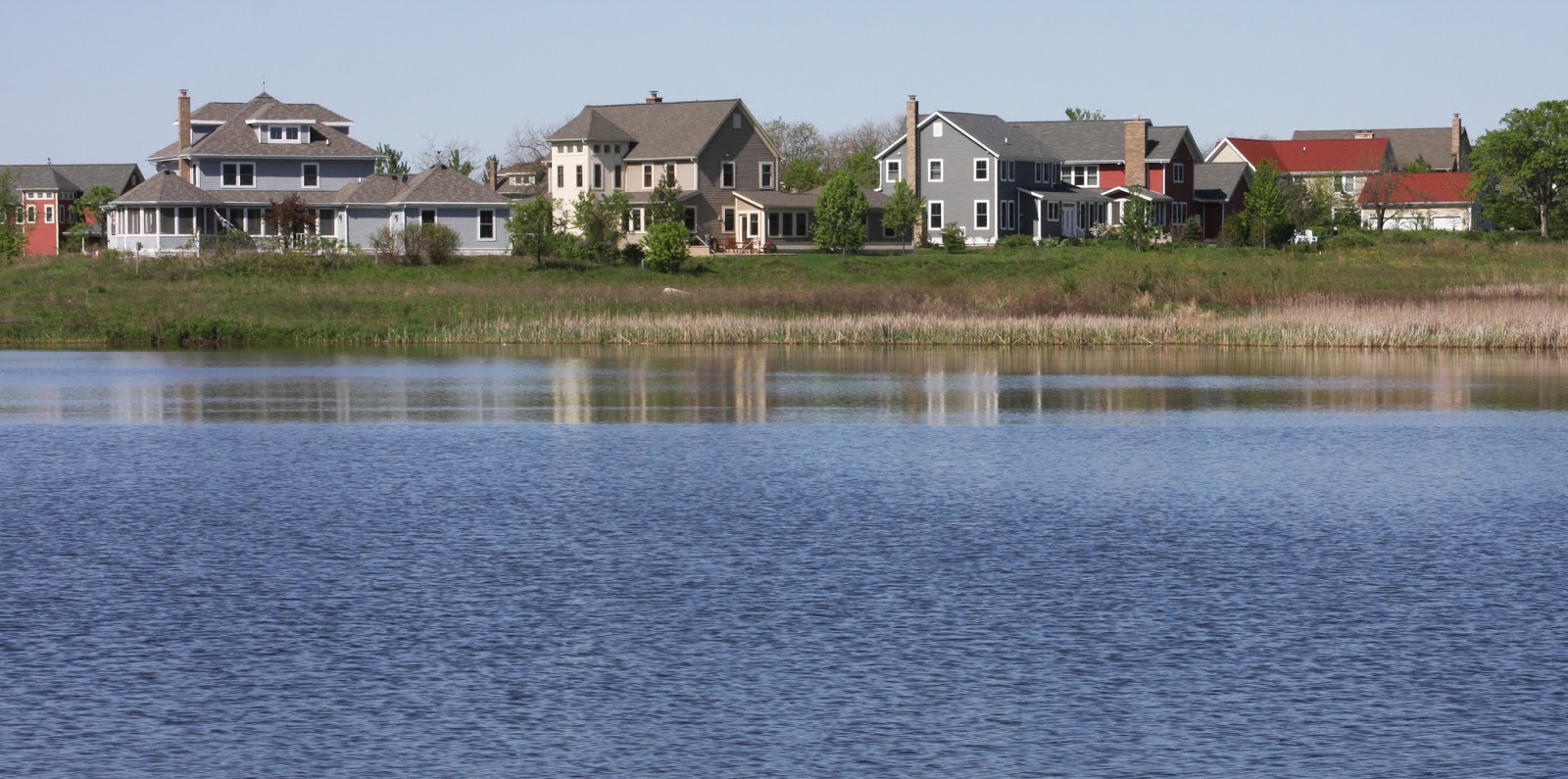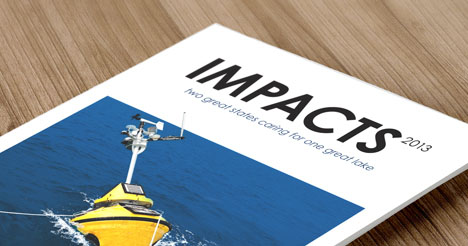What happens when a canary in the coal mine can no longer be trusted to sound the alarm? Environmental chemist Michael Lydy answers this question in the latest edition of UpClose.
Lydy and his team at Southern Illinois University Carbondale are in the early stages of a three-year study examining the prevalence of pyrethroid insecticide resistance in a crustacean used by the U.S. Environmental Protection Agency to gauge the health of waterways. Widespread resistance in Hyalella azteca—something Lydy and others have already found in California and the Midwest—would raise doubts about the accuracy of a spectrum of state and federal biomonitoring programs.
Funded by a grant from the U.S. Geological Survey and the Illinois Water Resources Center, the study will also investigate whether a testing method known as Tenax can help scientists and natural resources managers more accurately predict the threat pyrethroids pose to aquatic life.
UpClose with is the eleventh issue of the award-winning Q&A series that gives readers an insider’s view of research on emerging contaminants. Each interview highlights a unique component of emerging contaminant research. Readers also learn about the complex, and sometimes tricky, process of conducting field studies and the potential implications of research on industries and regulations.



